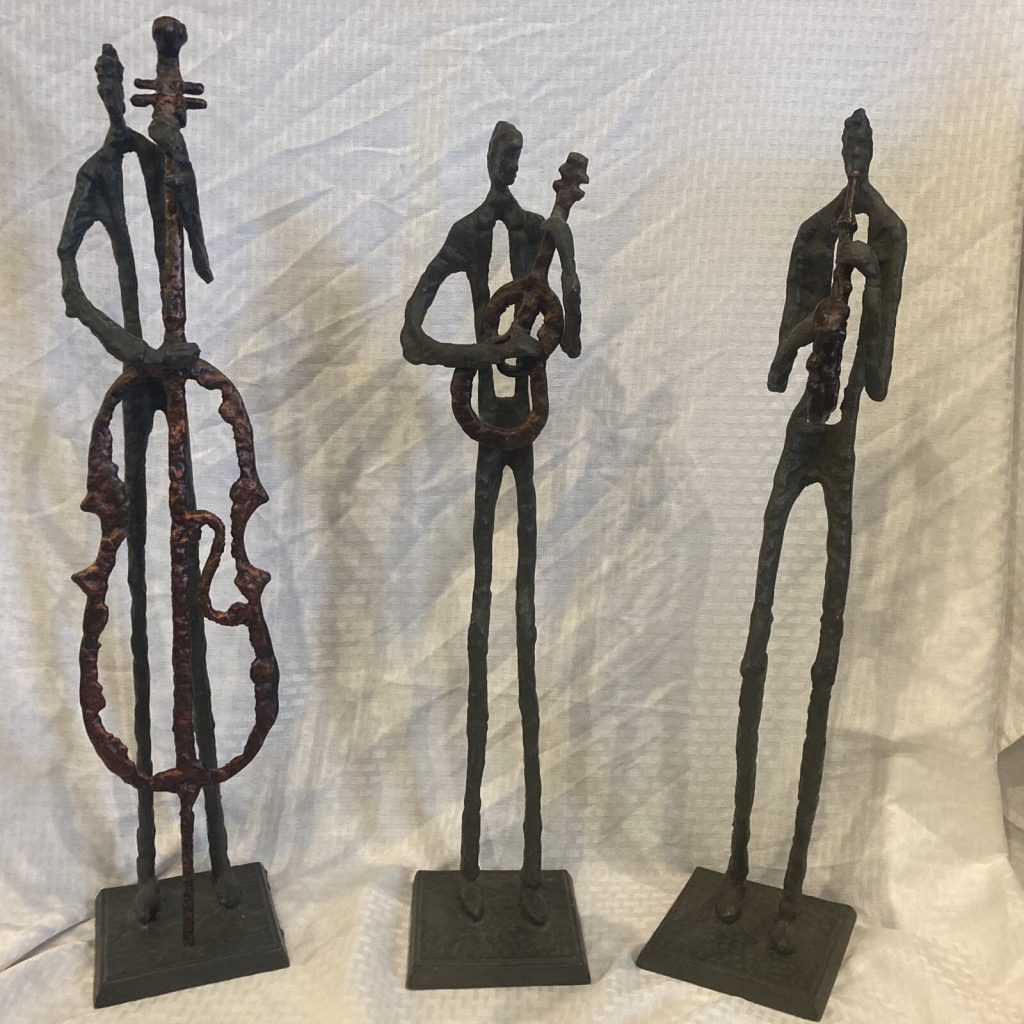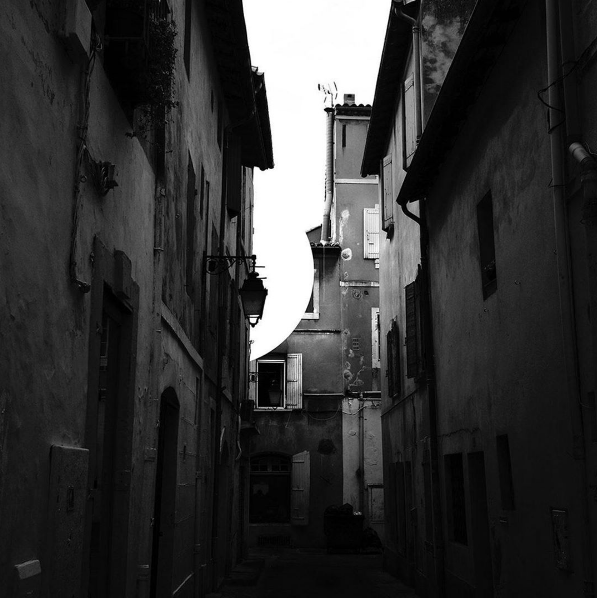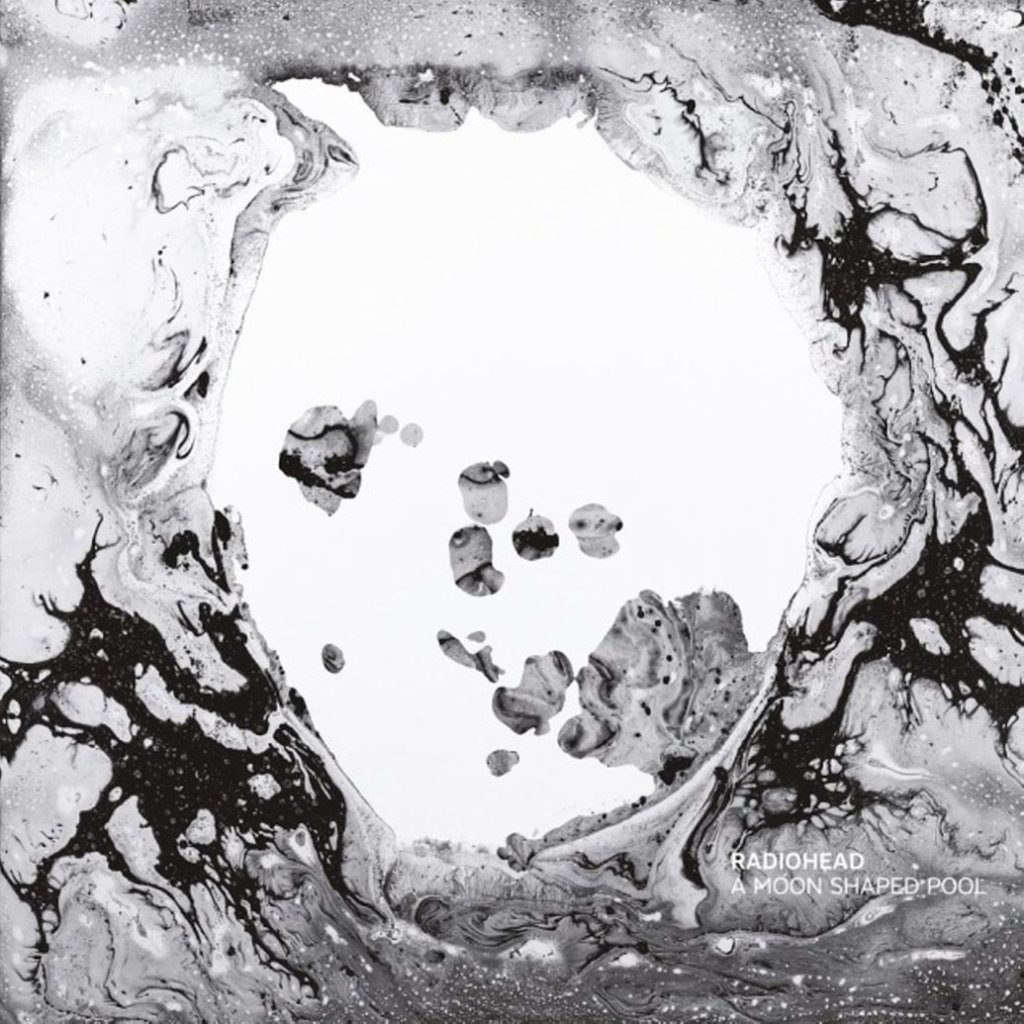
Time for a little Hackathon radio show. This latest episode of Exfiltration Radio crosses between jazz and pop music and asks the question, “what if modern jazz is just cover songs?”
Of course, the answer is that most of jazz is just covers, it’s just a question of the age of the material. The revered Great American Songbook started off as pop music, after all—songs from movies and Broadway. All this show does is to update the material a touch. The oldest song covered here dates from the mid-1960s (it’s impossible to avoid the Beatles in an exercise like this, and very hard to avoid Burt Bacharach), while the newest is from the mid-2010s. A little about each one below:
Cécile McLorin-Salvant, “Wuthering Heights” (Ghost Song): I wrote about this cover at length in my article about Cécile’s album Ghost Song. I still love this reflection on the Kate Bush original, which locates the song somewhere around the Appalachians en route to the blasted heath.
Ahmad Jamal, “I Say a Little Prayer” (Tranquility): I could have done a full hour of Burt Bacharach covers (and may still someday). This one comes from a record that was in my Mom’s collection, hence the dust in the grooves. Great album, great song, and I love the way that Jamal got that percussive sound to swing. Makes you want to sit up and listen.
Cal Tjader, “Tra La La Song” (Fried Bananas): OK, so finding Cal Tjader, who made a career out of playing Latin-inflected soul jazz with a band he led from his marimba, covering pop songs is not surprising. That it was the “Tra La La Song” from The Banana Splits Adventure Hour is slightly more surprising, but it actually works. (Side note: I am not one of the GenX elders, so it took me until sometime after I graduated high school to understand why my team of middle school teachers called themselves the Banana Splitz. And once I saw the show—an early Sid and Marty Krofft/Hanna Barbera team up—I began to wonder how it was that there were any drugs left in the world, because it seems like the folks in the 1960s took them all.)
Matt Jorgensen + 451, “Everything In Its Right Place” (The Sonarchy Session): Jorgensen is a drummer from Seattle who I heard on the KEXP show Sonarchy Radio—or maybe more precisely streamed from their website. There are some pretty solid covers in that set, available on iTunes as The Sonarchy Session, including “Tomorrow Never Knows” and a solid version of Led Zeppelin’s “No Quarter,” but this version of Radiohead’s “Everything In Its Right Place” is my favorite, thanks to the sax work by Mark Taylor as well as some really tasty Fender Rhodes (played by Ryan Burns).1
Freddie Hubbard, “Uncle Albert/Admiral Halsey” (First Light): this is the other track I’ve written about already in the context of Hubbard’s great First Light. Still one of my all time favorite bonkers jazz covers (of a fairly bonkers Paul McCartney original).
Bill Frisell, “Live to Tell” (Have a Little Faith): This one’s an epic. Frisell, who like Jorgensen moved back to Seattle from New York shortly before making this album, creates a lengthy psychedelic wonderland from this Madonna song.
Johnathan Blake, “Synchronicity I” (Trion): Blake’s trio with Linda May Han Oh (bass) and Chris Potter (sax) put out one of the most engrossing jazz albums of the last five or six years in Trion, and the burnout cover of the Police’s “Synchronicity I” is one of the highlights.
Christian Scott aTunde Adjuah, “Videotape” (The Emancipation Procrastination): This isn’t the first Radiohead-adjacent cover that Christian Scott recorded; I liked his cover of Thom Yorke’s “The Eraser” enough to put it on a mix back in 2012. But this cover of the last track on In Rainbows carries an extra punch of alienation and longing.
Dr. Lonnie Smith with Iggy Pop, “Sunshine Superman” (Breathe): This is the track that all the reviews of Dr. Lonnie Smith’s final album talked about, and it’s easy to see why. Iggy Pop has aged into an unlikely vocal interpreter, as apt to shout out his musical collaborators in the middle of the song as he is to provide an utterly straight-ahead take on the song. And that’s Johnathan Blake again on the drums, alongside one of the great 21st century Hammond organ solos on the Donovan classic.
Jeremy Udden, “Fade Into You” (Wishing Flower): due to time constraints I could only fit only get a little of this in the outro. A crispy fried jazz guitar version of the great Mazzy Star song.
Do not attempt to adjust your set!
- About 15 years ago I linked to a NY Times article about the Seattle jazz scene that shouted out Jorgensen, which led me down a rabbit hole to a YouTube video about a Seattle high school jazz band competing in Essentially Ellington; they took home the trophy and the trumpet soloist, Riley Mulherkar, went toe to toe with Wynton Marsalis on the stage. He’s since gone on to form the jazz/new classical/bluegrass ensemble The Westerlies. This happens when I point to Seattle musicians; the rabbit holes tend to be very deep indeed. ↩︎




